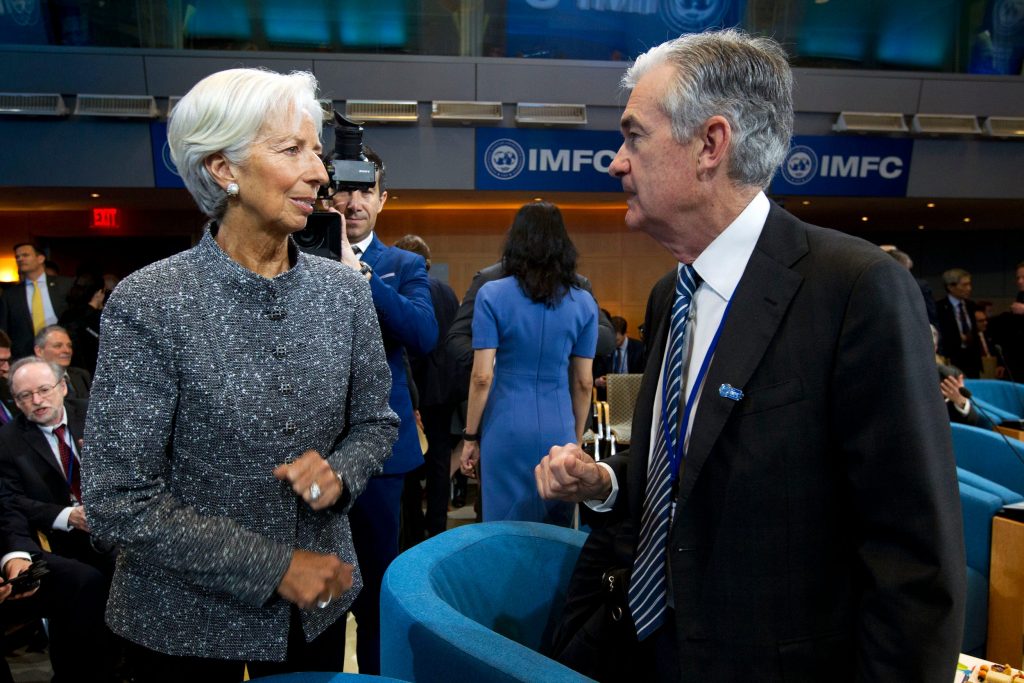- Goldman Sachs expects the Federal Reserve to stay dovish at its Jackson Hole gathering this week.
- The Fed is unlikely to lift rates by 0.75% in September, and may go for many smaller hikes instead, it said.
- Officials will likely push for a slower pace of tightening to avoid a recession, its strategists said.
The Federal Reserve is likely to show it's sticking to slowing its pace of interest rate hikes at its gathering in Jackson Hole this week, according to Goldman Sachs.
Given that resolve and the balancing act it faces, a 75 basis point increase at the US central bank's meeting in September is probably not on the cards, the bank's strategists said in a Tuesday note.
They believe Fed Chair Jerome Powell will take a dovish tone at the annual economic symposium, conscious that further aggressive interest rate hikes could trigger a recession.
"Our sense is that the Fed leadership feels strongly that it is appropriate to move at a slower pace going forward to reduce the risk of unintentionally causing a recession," a team led by Goldman's chief economist Jan Hatzius said.
"Powell will want to repeat this message at Jackson Hole."
The Fed chief is due to speak Friday at the three-day gathering in the Wyoming resort, where his counterparts from the European Central Bank and the Bank of England, Christine Lagarde and Andrew Bailey, are among the central bankers and economists gathering to discuss monetary policy.
Investors are eyeing the event as a chance to try to gauge how the Fed will move at its September meeting, now that it has said its policy approach will be data-dependent as it battles against red-hot inflation.
Goldman Sachs expects a 50 basis point interest rate hike next month. That could be seen as a dovish signal, after the Fed raised rates by 75 basis points in both June and July.
"If the FOMC decides it needs to tighten more aggressively this year, we suspect that the Fed leadership would prefer to deliver multiple 50 basis point rate hikes rather than another 75 basis point rate hike in September," its strategists said.
They noted that the recent stock market downturn may well encourage the Fed to ease monetary policy. The US benchmark S&P 500 has fallen 4.1% over the past five days, as Wall Street warns that stocks are once again trading at unrealistic valuations.
"We suspect that the Fed leadership saw the easing in financial conditions after the July FOMC meeting — much of which has now reversed — as unhelpful to its task of keeping the economy on a below-potential growth trajectory, but not problematic enough to scrap its plan to slow the pace of tightening," Hatzius' team said.
"Much of the easing in financial conditions has reversed and its impact is now quite modest," they added.
